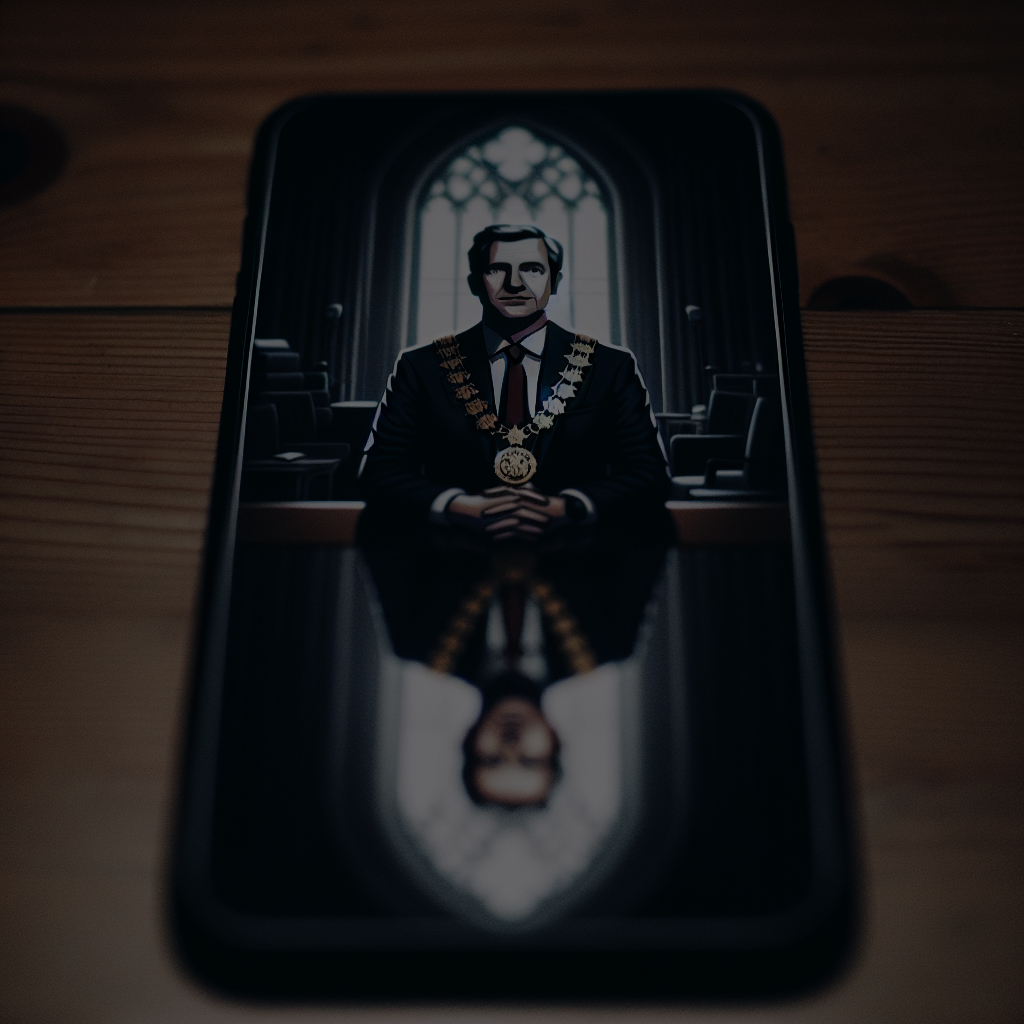A Resignation Marking the End of a Dedicated Five-Year Term
Marie Cau made history in 2020 when she was elected mayor of Tilloy-lez-Marchiennes, a small town near Valenciennes, becoming the first transgender person to hold such a position in France. However, on January 14, 2025, she submitted her resignation to the Prefect of the Nord department before the end of her term. Her decision was driven by overwhelming fatigue and rising tensions within the municipal council, where she found herself increasingly isolated.
“Most of the attacks I faced were because I was the mayor,” she said. “People don’t come in saying, ‘I have a problem.’ They come in shouting right away.”
A Political Chapter Viewed with Optimism
Now, six months after stepping down, Marie Cau still lives in Tilloy-lez-Marchiennes, just across from the town hall. Looking back, she describes her time as mayor as largely positive. “It was an amazing experience,” she reflects. For her, being visible as a transgender person was liberating. “When you’re trans, you spend your life hiding. Being recognized and appreciated for who you are is a kind of redemption.”
Nonetheless, she remains critical of a small but vocal group in town whose behavior, she believes, undermines healthy democratic life in smaller communities. “It’s always the same people,” she explains, “with personal egos and private interests, playing toxic political games.”
Citizen Apathy: A Major Barrier to Progress
Beyond internal conflicts, Marie Cau admits feeling disheartened by the lack of civic involvement. Despite her efforts to promote participatory initiatives, they were met with little enthusiasm. “People are homebodies—they don’t want to get involved. Even organizing local events has become a real challenge,” she observes. This lack of engagement, she says, significantly hindered her ability to move forward with many of her plans.
Visibility That Sparked Criticism—and Progress
While acknowledging that her gender identity occasionally complicated her term, Cau insists it wasn’t the primary issue. Like many rural elected officials, she faced the typical hurdles of limited resources and unrealistic expectations. “Being transgender didn’t help, that’s clear. But it wasn’t the main problem,” she asserts.
That said, she did experience transphobic remarks—never publicly voiced, but still deeply damaging. “It was an aggravating factor,” she notes, even if those issues didn’t define her tenure.
Between Burnout, Advocacy, and Future Ambitions
Today, Marie Cau is prioritizing rest. After five intense years at the helm and what she describes as “two years of relentless harassment at city hall,” she admits to being utterly exhausted. Still, she has no plans to disappear from public life completely. “I’ll be supporting local associations and continuing to speak out with my unique voice,” she says.
Though she hasn’t mentioned a return to politics, she leaves the door open: “I have lots of ideas,” she adds with a smile.




Leave a Reply